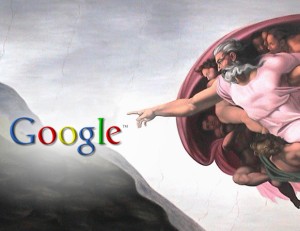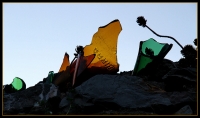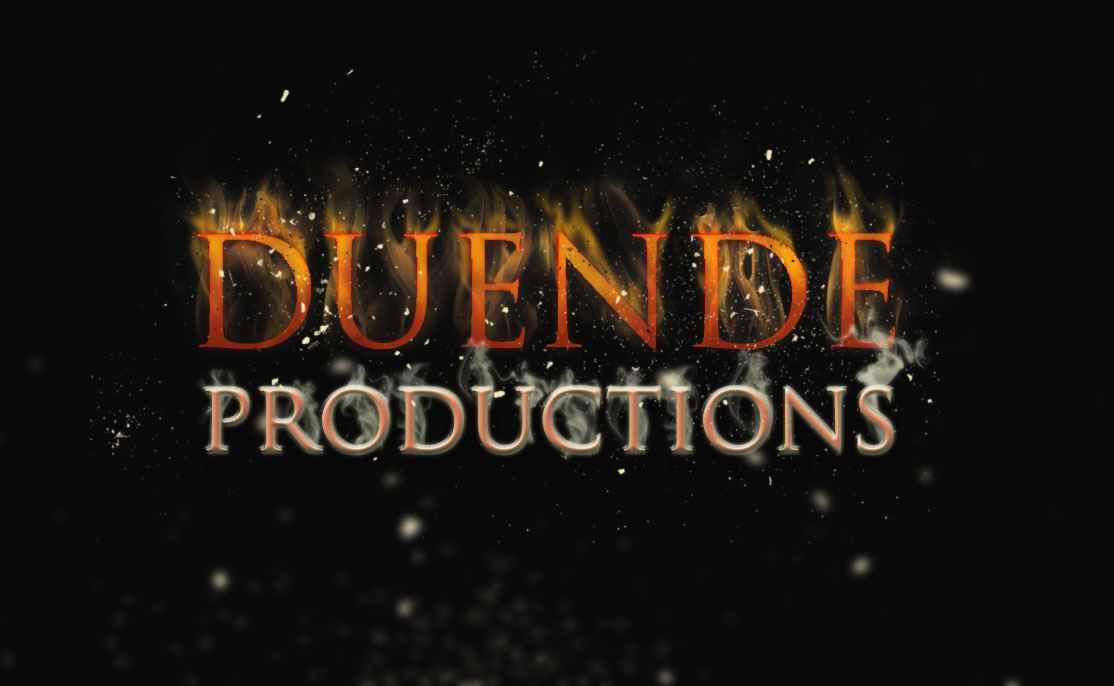
This is an edited version of my contribution to a conference and debate about the impact of the Internet on Literature, held in Barcelona in 2006: some of the thoughts have been rendered redundant by history: but not all of them.
What a great subject for a cafe@europa. Thanks to the internet, I am replying immediately, with my unmediated thoughts late on a Friday night/Saturday morning. I only do this because the subject is so provocative and stimulating. Otherwise I would be sleeping! I think the internet is part of the ongoing ‘electrification of the word’.
The word, the logos, is such a fixed and profound part of Hellenic thinking. It required education, expensive vellum and the social organisation of the monasteries to develop. In the age of mechanical reproduction, to be ‘published’ to be official, required either the apparatus of state or commercial capital investment.
But what do you need today? For the means of production, just a printer and a computer. And for the means of distribution and exchange? A blog site.
My personal feeling is that the age of the word – the hieratic, priestly, authored word – is the exception. For most of history, language has been oral – fluid, shared, unrecorded. The paradox of the information age is that the written word, thanks to this computer, and this internet connection, has become as fluid as the spoken word. Literacy has returned to orality. As Mikhail Bakhtin said – it’s all just dialogue.
***
So I agree there has been a desacralisation of the word in the information age, but I would also agree that this process began with Gutenberg, with the mechanical reproduction of text.
As Walter Benjamin explained, in mechanical reproduction text loses its direct connection with handwriting, its aura or physical residual contact with its creator.
I suppose it’s not surprising that our notions of divine creation are shaped by changes in human creativity. With mechanical reproduction, human creators became more distanced from their works, and I’m sure it’s no coincidence that the rise of information technology was accompanied by the theology of a ‘hidden god’ at work in nature, a deus absconditus, who employed intervening processes of gravity or evolution to express himself.
Flaubert draws on the same analogy when he says that an author should be in his work as god is in the world, invisible but all powerful.
So to me, this information age begins in the early modern period, sometime around the late 16th early 17th century – appropriately for us, around the time of Cervantes and Shakespeare – when there was a sudden shift in what I’ll call the ‘technology of knowledge’.
The question is whether the last twenty or so years are just a part of the same process of speeding up mechanical reproduction, or if something else more profound has taken place.
I would also add that mechanical reproduction didn’t mean the death of god, or the death of the author, but both creators became more distant from their works and their audiences.
About ten years ago I wrote an essay for the New Statesman, updating Benjamin for the information age. I called the brief piece the work of art in the digital domain. Some of these issues were explored there, but one paradox did strike me.
Thanks to digital technology, it was clear even then that, working alone on our computers, we could edit video, music and sound, compose and tamper with images. To me, this represented the revenge of the writer. Sound and image had also been turned into code, and could be manipulated like text. In effect, digitization turned everything into literature, ecriture, and more people into authors.
***
I think that is the danger in all discussions of technological innovation- the idea that the printing press, or the telegraph, or the internet, came along one day and changed everything for good.
History is not a succession of innovations, it is fragmented, parallel, and discontinuous…Nothing need ‘replace’ anything else. Every new medium has its practical constraints, and ultimately its human limitations
One common complaint i often hear about these new information technologies is that texting, emailing, and blogging are somehow undermining our standards of grammar, spelling and punctuation.
It’s certainly true that my kids ‘txt’ all the time, and message me weird coded messages on chat ‘soz dad l8 – brb’. Sorry dad i’m late for school. Be right back. However, both my msn/txt children are gr8 at school, and just as they shift their accents from the argot of the playground to the politesse of family dinners, they seem very adaptable when it comes to the rigours of exams against the acronyms of text messaging. Two styles can co-exist simultaneously, often with great wit and vigour from the cross fertilisation.
When it comes to rules of grammar, punctuation and spelling, i always remember that Britain’s most creative period of writing, and the birth place of this modern English now spoken and written throughout the world, was during the age of Elizabethan Jacobean theatre and poetry – a time in which ‘Shakspeare’ spelt his name in ten different ways, and the rules of spelling and grammar were in flux.
That’s one way that the new knowledge technologies are affecting the physics of our textuality (and no doubt our sexuality). But when it comes to ‘hypertextuality’, I always feel we are straying into areas of’ metaphysics’, indeed theology, as I pointed out in a previous intervention.
So perhaps one way of looking at hypertextuality is to go full throttle for this quasi-religious approach, and since literature and the arts have classically offered some kind of substitution for religion, then it may be germane to ask… how does the internet affect our idea of immortality?
Years ago, as a tense teenager, I longed to have a book published. I was reading the canon of famous writers, and then books about these writers – Eliot, Lawrence, eckett – and my idea of salvation was to become famous enough that someone would write a book about me. In the years since then, many things have happened – not least a realisation of the limits of my own literary talent – but I wonder if a broader cultural shift has taken place: i.e. the decline of the book, the printed page, as an emblem of social approval, legitimacy and authority.
In the era of Hola! magazine, the National Enquirer, and in literature of intrusive scandalous biographies, probably the last thing now I’d want is to be ‘immortal’ in this way – like Primo Levi or Elvis Presley. But I wonder how the internet changes our notions of fame, immortality and Parnassus.
About five years ago, I explored with an entrepreneurial friend of the idea of setting up soul.com, in which people could upload their lives to a web space memorial, complete with architecture, music, photos, poems and songs, which would act as a repository of their soul.
We imagined it a bit like the Sims or Sim City, the difference being everyone would build their own mausoleum or utopia. 700 years ago, Dante’s image of paradiso was firmly based in the hypertextuality of books; he saw every redeemed sinner as a page in god’s library. Oddly enough, with more and more people having access to publication, we all have a chance to be at least a ‘web page’ in the library of mankind, and have our fifteen minutes of fame. We have got our place in the library in the absence of god.
This seems to be the crucial problem. In this electronic era of information technology we can all be visible. The biggest anxiety is not expression, but the lurking realisation that nobody may be watching. There is presence, but no judgement. Who is going to ‘editorialise’ this mass of human expression? We don’t have a god anymore. But we do have google. Has google replaced god?



